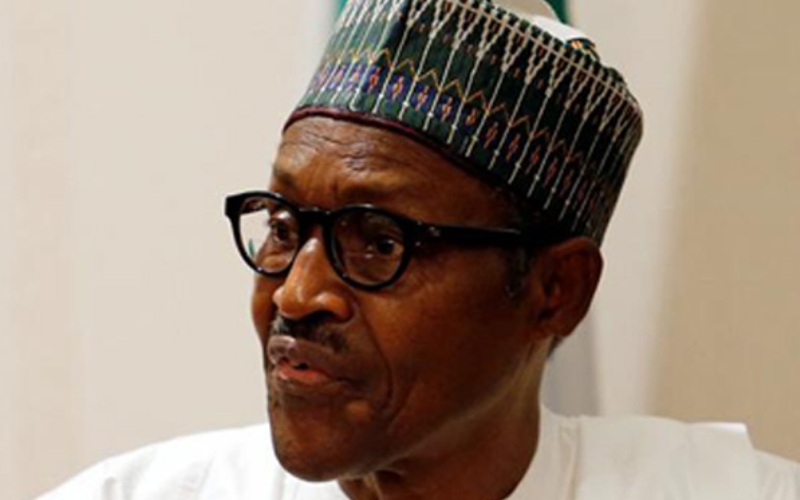Abuja: Incumbent Muhammadu Buhari on Tuesday kept a lead over his main rival in the race to become Nigeria’s next president, with nearly half of all states declared.
The death toll from violence linked to Saturday’s vote meanwhile increased from 39 to 47, according to the Situation Room umbrella group of civil society election monitors.
Buhari, 76, who is seeking a second term, has so far won 10 states, including Kaduna and Jigawa in his northwest heartland.
Former vice-president Atiku Abubakar, 72, has won seven states and the Federal Capital Territory of Abuja, according to the Independent National Electoral Commission (INEC).
Three states, including Abubakar’s home province Adamawa in the northeast, swung back to the Peoples Democratic Party (PDP) after voting for Buhari’s All Progressives Congress (APC) in 2015.
To win Nigeria’s presidency, a candidate needs a majority of votes and at least 25 percent of support in two-thirds of Nigeria’s 36 states and the FCT.
With 17 states and the FCT declared, Buhari, a former military ruler, had a total of 6,153,880 votes versus Abubakar’s 5,149,869.
INEC chairman Mahmood Yakubu said he expected “very substantial progress” in announcing results on Tuesday.
“Our intention is to conclude this process speedily and we are determined to do so,” he said, after complaints about the length of time to declare results.
Results are not official until declared by Yakubu but a number of local media outlets indicated that Buhari was on course to be returned to office.
They cited favourable results for Buhari from Nigeria’s two most-populous states, Lagos, in the southwest, and Kano, in the north.
Voting was held on Saturday, a week after the electoral commission postponed the election because of logistical difficulties in the delivery of ballot boxes and materials.
The APC and PDP have accused each other of conspiring with INEC to rig the result.
Neither has presented evidence, although election observers have reported instances of vote-buying, intimidation and violence towards voters and officials on election day.
Several international monitoring bodies warned that repeated postponements could undermine confidence in the electoral process, after similar delays in 2011 and 2015.
Yemi Adamolekun, from Enough is Enough Nigeria pro-governance and transparency group, which is part of the Situation Room, said the levels of rigging and violence were “disturbing”.
She said some INEC staff were forced to release results under duress and they were investigating claims that 120 volunteers were also intimidated into declaring winners.
A total of 72.7 million people were eligible to vote in the presidential poll as well as parliamentary elections held at the same time.
The parliamentary poll claimed a number of high-profile victims, including Senate president Bukola Saraki, who lost his seat in the north central state of Kwara.
Saraki, who stood against Abubakar for the PDP presidential ticket, has been at loggerheads with Buhari and the government for several years.
[source_without_link]AFP[/source_without_link]

